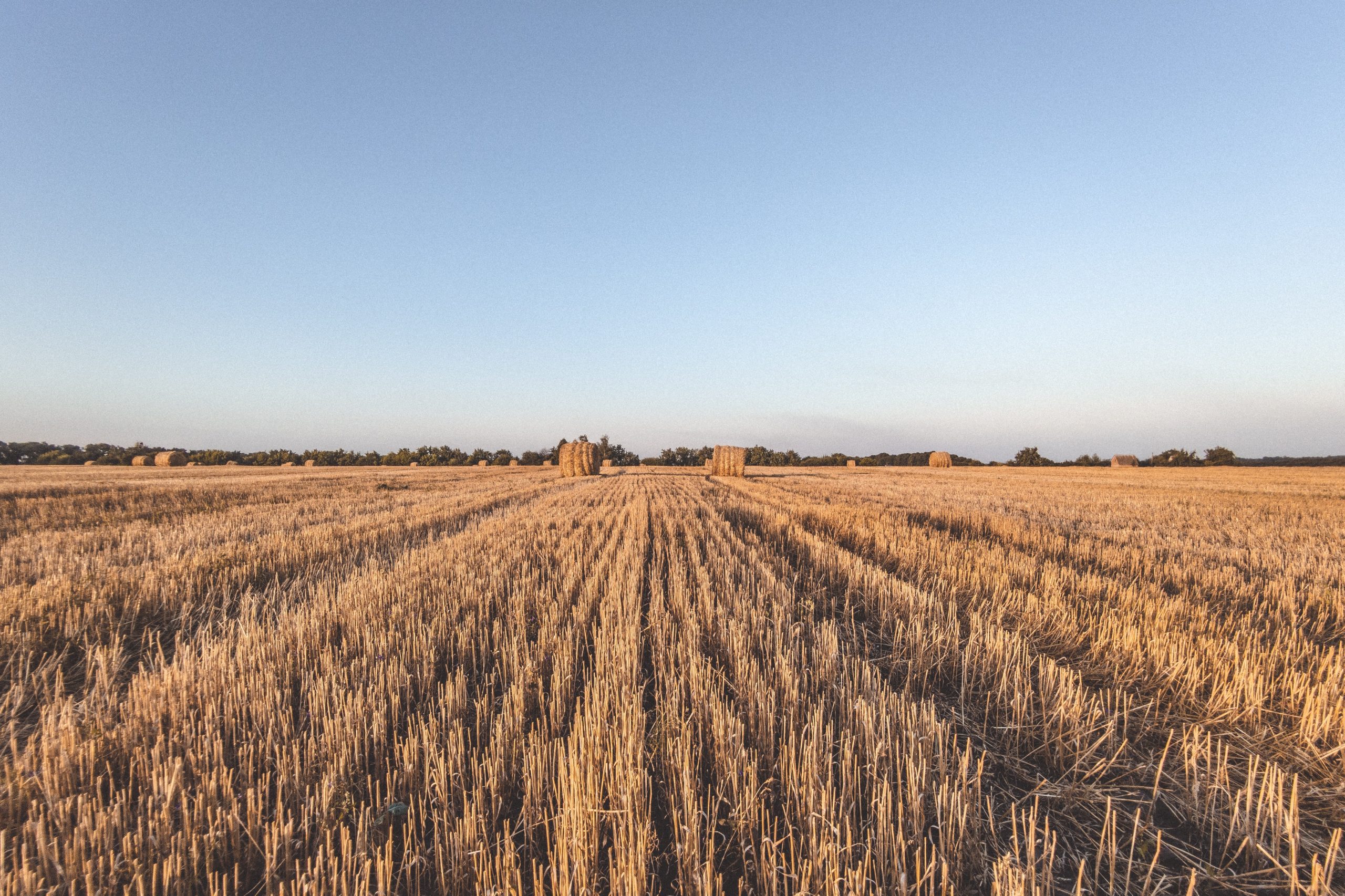
The European Commission presented a package of measures last week to ensure food security in Europe and its neighbouring regions in response to the war in Ukraine.
In issuing its proposal on March 23rd, the Commission emphasised that Europe is not at risk of food shortages. Overall, the countries of the European Union are net food exporters, including staples such as wheat and barley. The continent is largely self-sufficient agriculturally, with important exceptions: it imports animal feed and fertiliser, two key inputs for European farmers that come primarily from Ukraine and Russia. Farmers have immediately felt the impact of the war in rising production prices.
North African countries also rely on wheat and other cereal imports from the two countries.
To combat the disruptions in the agricultural sector, the European Commission has proposed €500 million in direct payments to farmers from the EU’s budget and allowing individual countries to complement this support by up to 200%. Countries would also be able to pay increased levels of CAP (Common Agricultural Policy) direct payments in advance.
Under the proposal, farmers will be encouraged to cultivate lands set aside for environmental purposes, while continuing to receive their full greening payments.
It also proposed allocating €330 million to assist Ukraine’s farmers and ameliorate the disruptions in the agricultural sector caused by the war. Additionally, its proposal included pledging at least €2.5 billion from the EU for international cooperation in nutrition programs through 2024.
